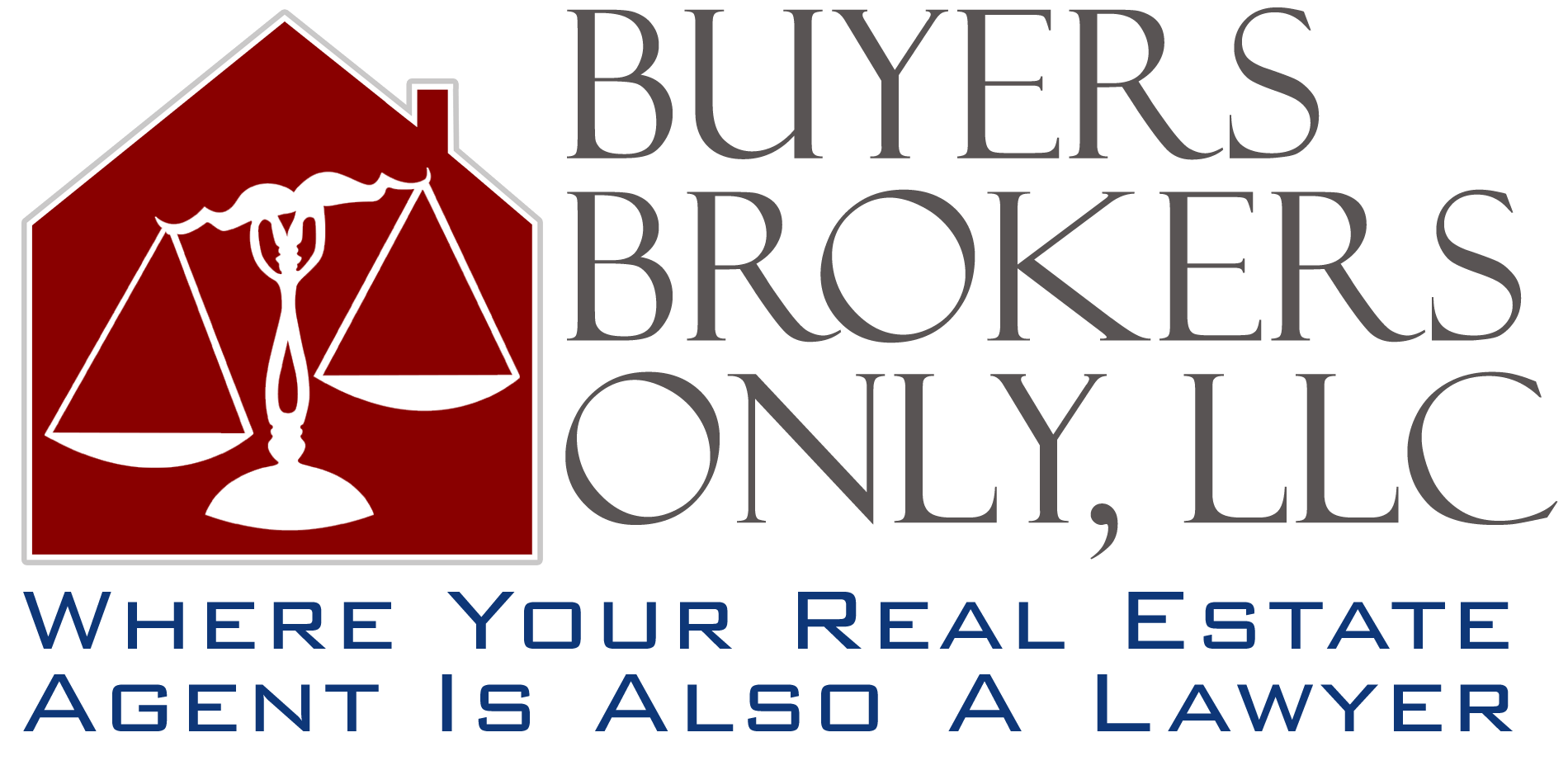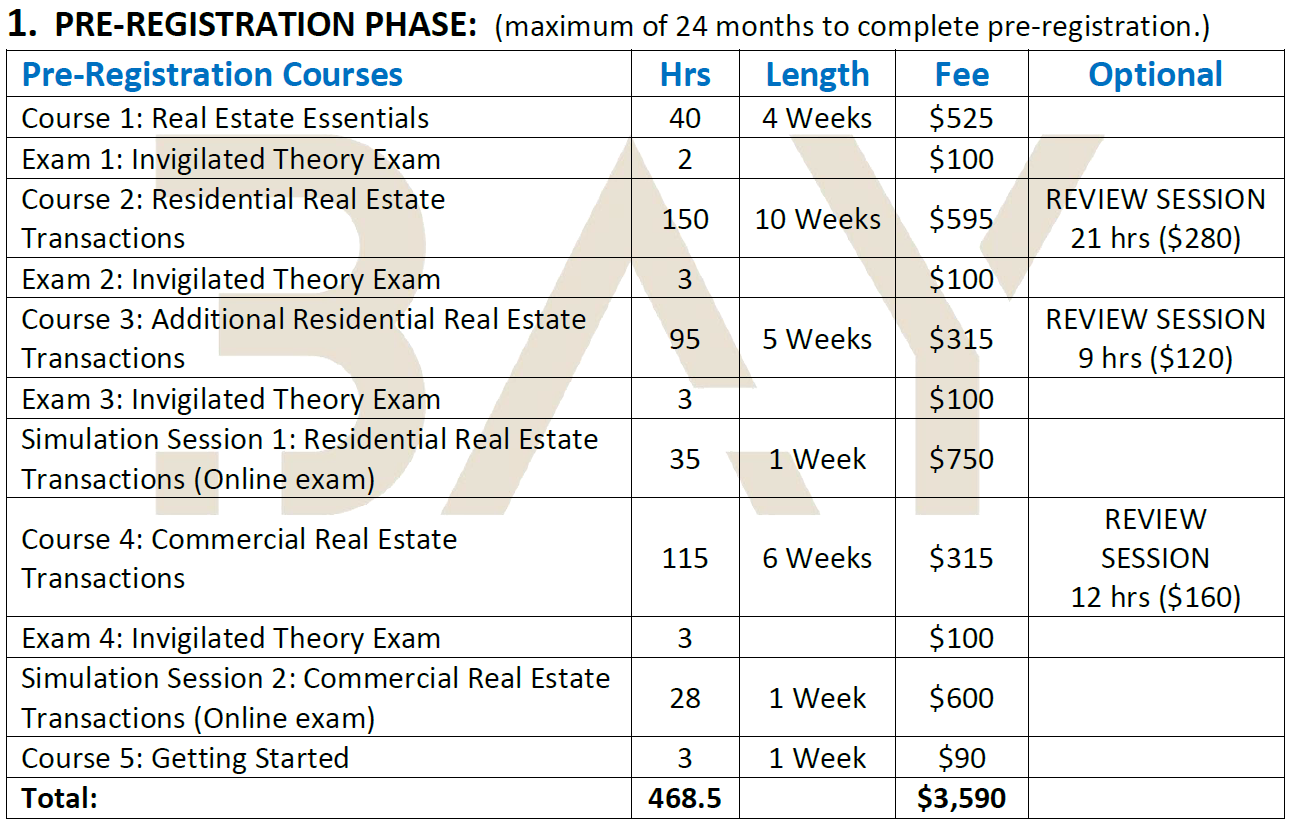
What is a Real Estate License?
In the United States, real estate agents are required to obtain a license in order to conduct real estate transactions. Each state has a different licensing process. It involves completing education hours and passing a written test before applying for the license.
What is an estate agent?
Real estate agents assist home buyers, sellers as well landlords, tenants, landlords, and investors in selling or purchasing property. They may work for a brokerage firm or as an independent contractor.
What is a broker in real estate?
A broker is a real estate agent who works for a brokerage or firm and has a license. The duties of a broker include providing customer service and negotiating contracts.

How do I get a real estate license?
First, you must complete a 75-hour course in pre-licensing that has been approved by the New York Department of State. This course is available online or at an in-person school.
The course can be completed and you can take the exam to check your knowledge of New York laws. The multiple-choice exam takes around 90 minutes. To obtain your New York license as a real estate agent, you must pass this exam with a score of at least 70%.
When you have passed the exam, you can submit an application for your real estate agent license to your local home state real estate commission office. This application contains your test results and an application fee.
How to apply for a license as an associate brokerage
To be a licensed New York real estate associate broker, you must first be sponsored by an active, qualified brokerage. The brokerage will be a partner in your real estate career and serve as a mentor throughout the licensing process.

Your sponsoring broker will be one of the most important decisions as a real estate agent. This will allow you learn from someone with years of industry experience and give you advice on how to succeed.
How to apply for your broker's license
Once you've passed the exam and have completed the prelicensing classes, you can start the online licensing application. You'll need to provide your broker's license number (UID#) and your completion date of the pre-licensing courses. The application will also ask for your credit card information and a background check, which can take up to half a year.
How to retake your exam after failing it
Most states require you take at least one real-estate exam before you receive your license. A third-party testing company administers these exams. They typically have two sections. One covers federal laws and real property principles. The second tests your knowledge about the state's realty law.
FAQ
How much does it take to replace windows?
Replacing windows costs between $1,500-$3,000 per window. The total cost of replacing all of your windows will depend on the exact size, style, and brand of windows you choose.
What are the most important aspects of buying a house?
When buying any type or home, the three most important factors are price, location, and size. Location refers the area you desire to live. Price refers the amount that you are willing and able to pay for the property. Size refers the area you need.
What are the pros and cons of a fixed-rate loan?
Fixed-rate mortgages allow you to lock in the interest rate throughout the loan's term. This guarantees that your interest rate will not rise. Fixed-rate loans offer lower payments due to the fact that they're locked for a fixed term.
Statistics
- This means that all of your housing-related expenses each month do not exceed 43% of your monthly income. (fortunebuilders.com)
- Based on your credit scores and other financial details, your lender offers you a 3.5% interest rate on loan. (investopedia.com)
- Over the past year, mortgage rates have hovered between 3.9 and 4.5 percent—a less significant increase. (fortunebuilders.com)
- Private mortgage insurance may be required for conventional loans when the borrower puts less than 20% down.4 FHA loans are mortgage loans issued by private lenders and backed by the federal government. (investopedia.com)
- When it came to buying a home in 2015, experts predicted that mortgage rates would surpass five percent, yet interest rates remained below four percent. (fortunebuilders.com)
External Links
How To
How to Manage a Rental Property
Although renting your home is a great way of making extra money, there are many things you should consider before you make a decision. We will show you how to manage a rental home, and what you should consider before you rent it.
If you're considering renting out your home, here's everything you need to know to start.
-
What factors should I first consider? Consider your finances before you decide whether to rent out your house. If you have outstanding debts like credit card bills or mortgage payment, you may find it difficult to pay someone else to stay in your home while that you're gone. You should also check your budget - if you don't have enough money to cover your monthly expenses (rent, utilities, insurance, etc. ), it might not be worth it.
-
How much does it cost to rent my home? There are many factors that influence the price you might charge for renting out your home. These include things like location, size, features, condition, and even the season. Prices vary depending on where you live so it's important that you don't expect the same rates everywhere. The average market price for renting a one-bedroom flat in London is PS1,400 per month, according to Rightmove. This means that your home would be worth around PS2,800 per annum if it was rented out completely. While this isn't bad, if only you wanted to rent out a small portion of your house, you could make much more.
-
Is it worthwhile? Although there are always risks involved in doing something new, if you can make extra money, why not? It is important to understand your rights and responsibilities before signing anything. It's not enough to be able to spend more time with your loved ones. You'll need to manage maintenance costs, repair and clean up the house. These are important issues to consider before you sign up.
-
Is there any benefit? It's clear that renting out your home is expensive. But, you want to look at the potential benefits. You have many options to rent your house: you can pay off debt, invest in vacations, save for rainy days, or simply relax from the hustle and bustle of your daily life. No matter what your choice, renting is likely to be more rewarding than working every single day. If you plan well, renting could become a full-time occupation.
-
How do you find tenants? Once you've made the decision that you want your property to be rented out, you must advertise it correctly. Online listing sites such as Rightmove, Zoopla, and Zoopla are good options. Once you receive contact from potential tenants, it's time to set up an interview. This will help you assess their suitability and ensure they're financially stable enough to move into your home.
-
How do I ensure I am covered? If you are worried about your home being empty, it is important to make sure you have adequate protection against fire, theft, and damage. Your landlord will require you to insure your house. You can also do this directly with an insurance company. Your landlord will typically require you to add them in as additional insured. This covers damages to your property that occur while you aren't there. If you are not registered with UK insurers or if your landlord lives abroad, however, this does not apply. In these cases, you'll need an international insurer to register.
-
It's easy to feel that you don't have the time or money to look for tenants. This is especially true if you work from home. It's important to advertise your property with the best possible attitude. A professional-looking website is essential. You can also post ads online in local newspapers or magazines. It is also necessary to create a complete application form and give references. While some prefer to do all the work themselves, others hire professionals who can handle most of it. Either way, you'll need to be prepared to answer questions during interviews.
-
What do I do when I find my tenant. You will need to notify your tenant about any changes you make, such as changing moving dates, if you have a lease. If you don't have a lease, you can negotiate length of stay, deposit, or other details. Keep in mind that you will still be responsible for paying utilities and other costs once your tenancy ends.
-
How do you collect rent? When the time comes to collect the rent, you'll need to check whether your tenant has paid up. You will need to remind your tenant of their obligations if they don't pay. You can deduct any outstanding payments from future rents before sending them a final bill. You can always call the police to help you locate your tenant if you have difficulty getting in touch with them. They will not usually evict someone unless they have a breached the contract. But, they can issue a warrant if necessary.
-
What can I do to avoid problems? While renting out your home can be lucrative, it's important to keep yourself safe. Consider installing security cameras and smoke alarms. Make sure your neighbors have given you permission to leave your property unlocked overnight and that you have enough insurance. You should never allow strangers into your home, no matter how they claim to be moving in.